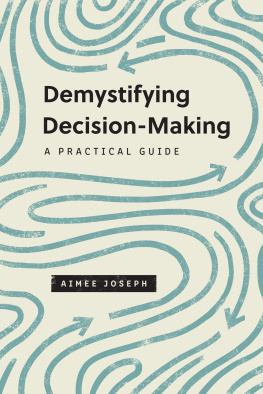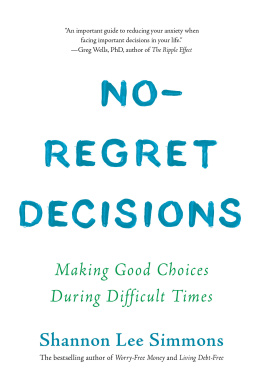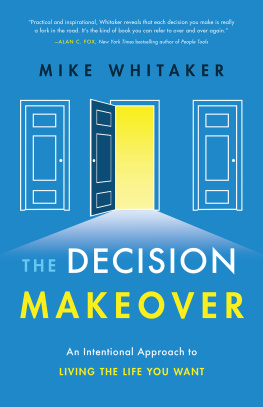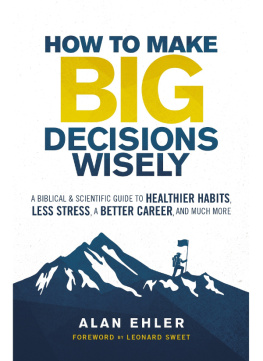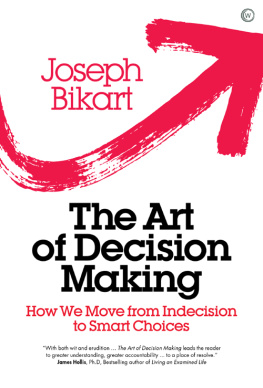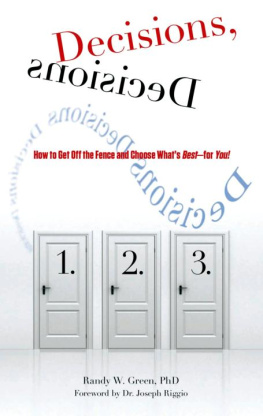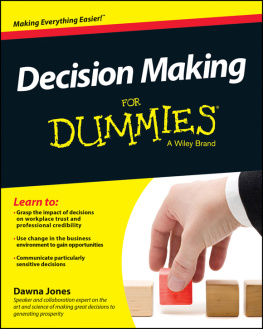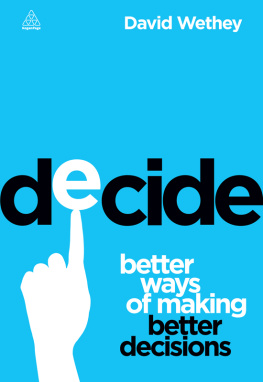Table of Contents
Landmarks
Visual Summaries
While my two sisters and I were growing up, our late grandmother invited us to travel the world with her. I wish you could have known her, as she was four feet eleven inches of sass and silliness. One summer, we traveled to the Grecian Islands. Outside of my grandmother repeatedly calling the currency dracula instead of drachma, we loved Greece. Out of all the islands we visited, Santorini was by far our favorite.
If you have ever seen pictures of white clay houses with bright bluedomed ceilings nestled on cliffs, you were looking at Santorini. The horseshoe-shaped island is the caldera that remained after a volcano erupted. Clay switchback trails lead up steep embankments from the bay to the village that sits at the top. The quaint village is nestled atop the steep walls. On the other side of the picturesque houses, the island boasts rare black beaches. We had only six hours to cover the terrain, but I wish we could have stayed for six weeks. Though I experienced Santorini in parts and pieces, the island itself is a unified whole. The steep embankments were caused by the same volcano that blackened the beaches, though they were separated by substantial amounts of space. As a human being living within the limitations of time and space, I cannot experience and see all of Santorini at once. I stand in various places at separate times experiencing different perspectives.
I share this story, not only to encourage you to put Santorini on top of your travel wish list, but also to introduce the very significant topic of Defined as such, we need to take a longer look at the perspectives from which we, as decision makers, approach not only the decision at hand but also the world at large.
An Introduction to Triperspectivalism
Unlike humans who are limited in perspective, our God is omniscient, which is to say that he knows all things. However, Frame points out that not only does God know all things, but he also sees all things from every possible perspective, which means that God is not only omniscient but omniperspectival. Using Santorini as an example, God not only knows Santorini as it was in the past as an active volcano, but he also sees it in its present state as a thin crescent-shaped caldera. Being outside of time, he also knows how it will look in five hundred years. Similarly, he can know every part of Santorini from every possible perspective. He sees it from the eyes of a hawk soaring above, a starfish living on its craggy shores, and the woeful donkey carrying the heavy load of tourism up its embankments.
Frame uses triperspectivalism as a teaching tool by which believers can approach the complexity of Gods word and his world. Recognizing the ubiquitous nature of triads in the Scriptures, seen most significantly through the triune nature of God, Frame builds triperspectivalism to approach complex truths from different angles and perspectives. Frame condenses the unique attributes of each person of the Trinity into three lordship attributes: authority, control, and presence. These lordship attributes lead three distinct perspectives or lenses to approach the word and the world: the normative, the situational, and the existential.
Gods authority, which correlates most strongly to the action and attributes of God the Father, can be summed up in the word normative . When we think of the Gods control, which correlates most strongly to the action and attributes of Jesus the Son, can be summed up in the world situational . When we think of the situational, we think of Christs control of circumstances and situations, the history of Gods people, and the work that Jesus has done to redeem us. Gods presence correlates to the action and attributes of God the Holy Spirit and can be summed up in the word existential . When we think of the existential, we think of the Spirits internal work of renewal through regeneration and sanctification and his intimate nearness to believers as the indwelling presence of God.
Remember, all of God does all that God does, so these three different perspectives bleed into and feed into one another; however, the three-perspective approach gives us different entry points into the nature of Gods word and his world. Just as a huge cathedral may have multiple entry points that provide different perspectives on the one unified building, the normative, the situational, and the existential provide different doors into the Godhead and different lenses by which to view our decisions (among many other things).
We are limited people looking at the world, our lives, and our decisions from time- and space-bound perspectives. As such, Frames framework (pun intended) gives us language and scaffolding that will enable us to look at the decisions at hand from all angles and perspectives.
Three Perspectives on Decision-Making
When we begin the decision-making process from the normative perspective, we are primarily asking the question, What has God clearly said about this topic or decision in his word? We comb the Scriptures for themes and principles that might inform the decision at hand. Take for example, marriage, one of the most significant decisions many people make in their lifetimes. If you are seriously dating someone and wrestling through the potential of marrying, you must investigate what Gods word has to say about marriage. The normative perspective on marriage would narrow Christian marriage to a man and a woman. God created a gendered creation and officiated the first marriage in the first two chapters of Genesis, which makes marriage a creation ordinance. Pauls warning about becoming unequally yoked with an unbeliever in 2 Corinthians 6:14 would offer further wisdom on the subject. Ephesians 5 would provide a broad-stroke picture of the purpose of marriage as being for our holiness and not merely our happiness.
Now, lets approach the marriage question from the situational perspective, which would ask questions about the present circumstances of the lives of the two people at hand. For the sake of the example, lets imagine that our couple met in college while serving in the same Christian ministry (which makes the normative questions moot, as they share the same passions, training, experiences, and biblical convictions). From the situational perspective, they find themselves both graduating from college and planning to join the workforce in the United States. They plan to live on the same continent and are willing to settle in the same city. Their families and friends who have spent time with them affirm them as a couple and have seen them as healthy complements to one another. Thus, from a situational perspective, there are no major red flags or obstacles to overcome.
Finally, lets attempt to approach the same question from the existential perspective, which asks more internal questions about personal desires, feelings, and passions. Even though our imaginary couple has moved through the normative and situational perspectives easily, they are invited to ask the existential questions. From this perspective, they will seek to sift through their layered desires. They will seek to determine if they are simply excited about the idea of marriage or are truly excited about each other. Is this the person that each wants to walk through lifes peaks and valleys alongside?
For the sake of practice, lets press another common yet crucial decision through the triperspectival paradigm. My husband and I have watched countless believers graduate from college and begin to navigate critical decisions regarding the local church. As such, we are more convinced than ever that church membership remains one of the most shaping decisions a believer can make. When coaching graduates and friends through this deeply significant decision, we often take a triperspectival approach.
Beginning with the normative, we ask the significant questions of theology, ecclesiology, and eschatology: Does this church preach the Scriptures exegetically? Does it take a Christ-centered approach to the Scriptures? What are the beliefs of the denomination? What is the churchs polity?

